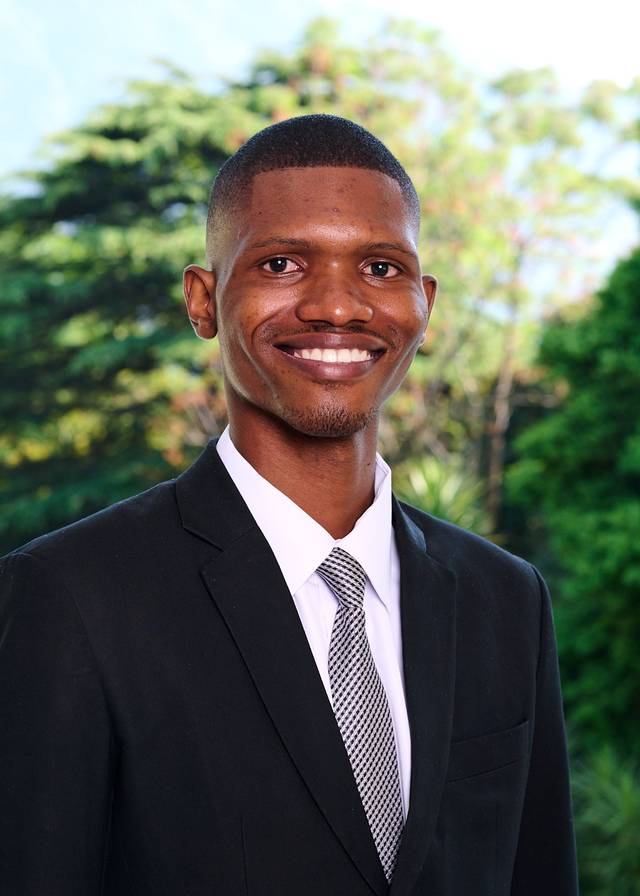
Scholar Stories
Redefining education in africa: a different approach to meet the challenges and developments of the 21st century
The twenty-first century has been largely defined by digital revolution and hyperconnectivity, geopolitical tensions, environmental awakening, global health emergencies and deepening economic inequality. At the same time, we are witnessing the rise of extremes - whether in religious ideology or political populism – which risks fracturing social cohesion and eroding humanity’s sense of shared purpose. I believe these global dynamics demand a radical rethinking of education in Africa: not as a system of instruction, but as the foundation upon which the next chapter of the African story will be written.
AFRICA: A RESOURCED CONTINENT
Africa’s story is one of both despair and hope. From the Mfecane wars to colonial occupation, from liberation struggles to contemporary neo-colonial pressures, the continent has endured relentless trials. It is only through the unwavering conviction of its peoples that freedom- however incomplete - was won. Yet freedom is not fulfilment. Africa continues to lag behind in literacy, innovation, and economic development. This is not by design, but by consequence - shaped by colonial legacies, persistent conflict, systemic corruption, and education systems ill-suited to today’s social, political, and economic realities.
While Africa is richly endowed with natural resources beneath its soil, its greatest asset is its people. Its diversity is not a vulnerability but a strategic strength. For Africa to advance toward a horizon of new possibilities, it must invest confidently in its human capital through robust, transformative education systems that reflect trust in African potential.
EDUCATION: AN INVESTMENT IN THE FUTURE
Education is not an expenditure - it is a multiplier. It drives economic mobility, safeguards societal resilience, and shapes collective destiny. But to unlock its full power, Africa’s education systems must be reimagined for relevance, agility, and purpose.
Curricula must go beyond academic and interpersonal skills. They must integrate financial literacy, entrepreneurship, digital competence, and technological adaptability. They must cultivate more creators, innovators, and problem-solvers.
Equally vital, education must be rooted in values and virtue. By embedding civic responsibility, ethical leadership, and social consciousness into learning, schools can shape communities grounded in integrity and collective responsibility.
I have witnessed what such an education can look like. During my time in the United States as a participant in the SUSI Leadership Programme, our cohort engaged with high school learners in sincere conversations about leadership, responsibility, and community. These were not carefully scripted dialogues, they were genuine spaces where young people were trusted with serious questions about their role in society. That encounter affirmed to me that education is not merely the transfer of knowledge but a starting point to cultivate agency.
When these elements - skills, innovation, ethics, and identity - converge within education, Africa’s future becomes visible: a continent shaped by shared purpose, inclusivity, ingenuity, and principled leadership.
The question is not whether Africa can rise but whether it will allow itself to rise together. A redefined education system is a continental awakening. Let Africa no longer be a reservoir of potential - it must become the architect of its own destiny.






